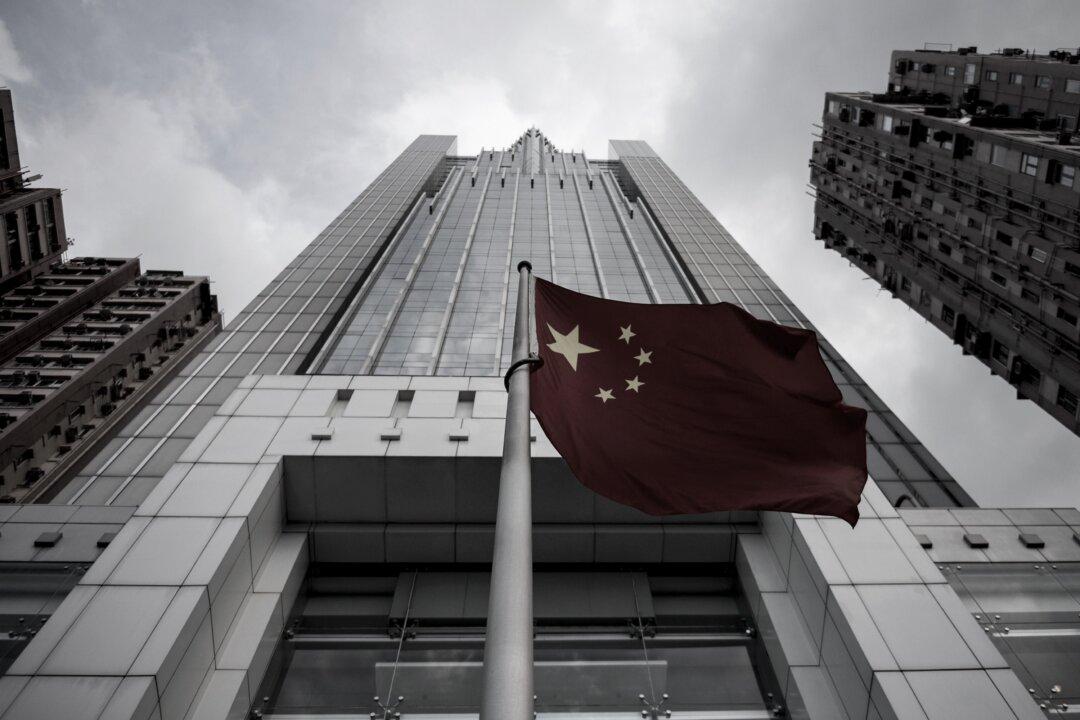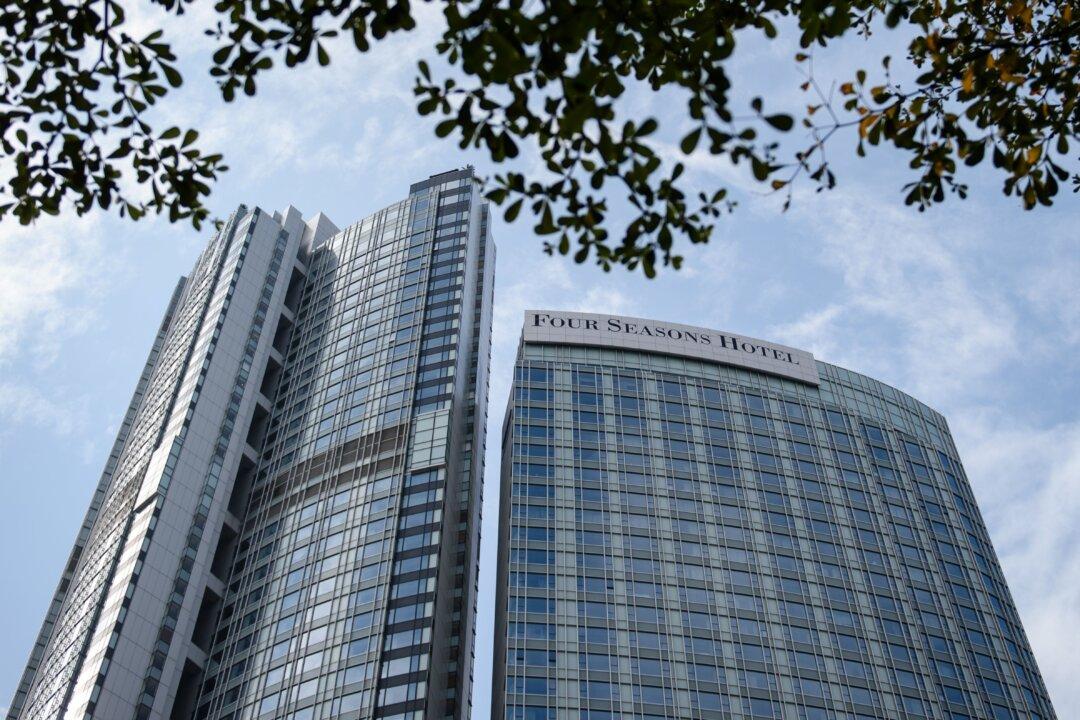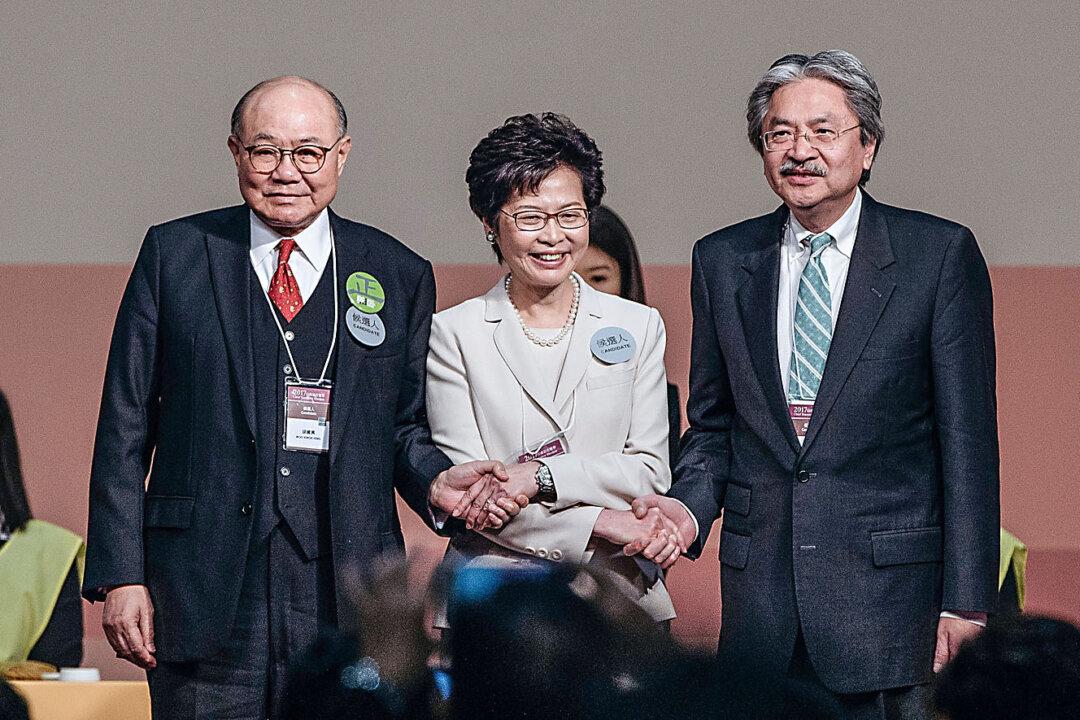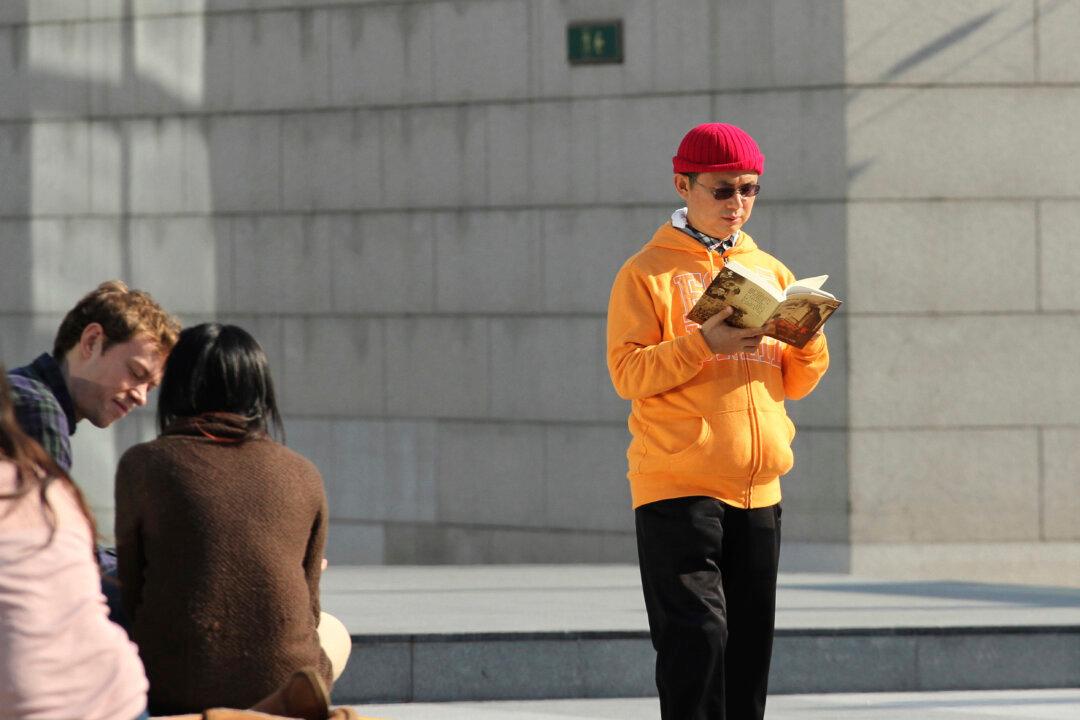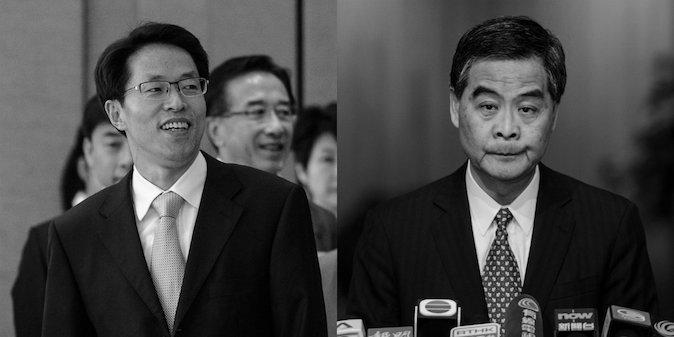HONG KONG—Chinese leader Xi Jinping is preparing to purge Hongkongers from the Chinese People’s Political Consultative Conference if they bribed their way into the national advisory body, according to a source close to the matter.

Chinese President Xi Jinping during a welcoming ceremony outside the Great Hall of the People in Beijing, China on June 25, 2016. Lintao Zhang/Getty Images
